Ex-rebel capital wary of looming Afghan election
Candidates' papers are now being checked after 27 names registered for the election to succeed President Hamid Karzai.
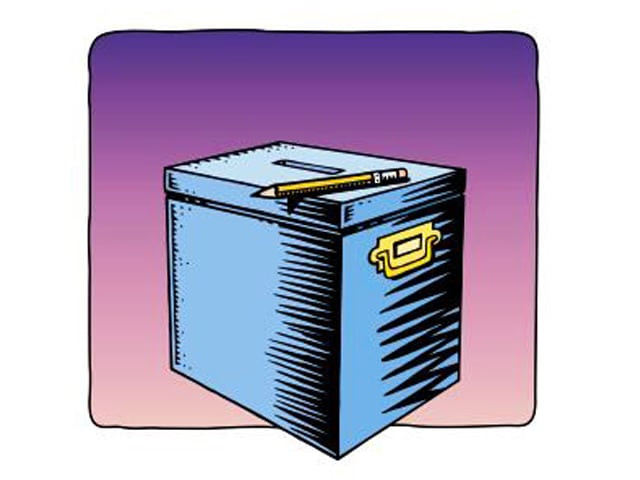
Candidates' papers are now being checked after 27 names registered for the election to succeed President Hamid Karzai. PHOTO: FILE
Candidates' papers are now being checked after 27 names registered for the election to succeed President Hamid Karzai, who came to power after the fall of the hardline Taliban regime in 2001.
When Karzai won the last election in 2009, Kandahar was the nadir of a much-criticised vote.
Only a trickle of men, and almost no women, voted in the city after threats by Taliban militants to bomb polling stations and cut off the ink-stained fingers of people who had voted.
With the US-led NATO military coalition completing its gradual pull-out next year, the US and its allies are desperate for a credible election to justify the huge financial and human cost of the 13-year mission.
But in Kandahar, where the Taliban first emerged in the early 1990s, there is uncertainty, fear and calls for the election to be delayed.
"A new president will be coming in and simultaneously the internationals will be leaving, that is a big worry that people have," Kandahar governor Toryalai Wesa told AFP at his heavily guarded office in the city centre.
"The situation has convinced me - the president should consider waiting.
"April is too early (after the harsh Afghan winter), so if you were to postpone the election for one month, why can't it be postponed for longer?"
Wesa, a Karzai loyalist, listed poor security and the lack of peace talks with the Taliban as compelling reasons for a delay.
"Everyone agrees the Taliban should be encouraged to join elections, but it is very difficult to get these people ready in time for 2014, so we should give them more time, at least maybe a year," he said.
The prospect of a postponement alarms the UN and Western diplomats in Kabul, who stress that abandoning the democratic timetable would choke off the international aid on which Afghanistan relies.
At the Kandahar branch of the Independent Election Commission (IEC), officials organising the vote are wary but resolute.
"I get death threats and so do my staff," said IEC provincial head Najeebullah Haq Parast. "The intelligence services inform us to be prepared as the Taliban want to attack us. Of course it is dangerous, but we will do our best."
Parast said the IEC was pushing ahead with voter registration in some of the country's most volatile districts, where US forces are still fighting the Taliban.
"We are sending mobile teams out to Spin Boldak, Maiwand, Panjwayi and Arghandab. We want to get to where people live away from the district centres," he said.
"We are trying to have a good election and are preparing according to the (April) schedule. There were problems in 2009, but we have plans on how to control them."
The challenges are formidable, and other IEC staff say they are struggling against impossible odds.
"We are not provided with security forces when we go out to dangerous areas," said one official, speaking on condition of anonymity.
"We need more support, but instead we are left without enough vehicles or fuel.
"The IEC doesn't just face the Taliban, we face the local government and we face the candidates, who are often warlords."
Kandahar was notorious for the ravages of competing warlords when in the chaotic early 1990s the Taliban first gained popular support as a force for law and order.
Chief among the city's feared strongmen was Gul Agha Sherzai, who is now a prominent candidate to become president.
"If there was development in talks with the Taliban, then it would help make an election more peaceful," said Haji Agha Lalai, a member of the Kandahar provincial council.
"We think it should be postponed as security is not good. The Taliban plan to attack, but the politicians in Kabul tells us it will go ahead anyway."
The UN and Afghanistan Independent Human Rights Commission (AIHRC) report into the 2009 vote details how Kandahar was awash with corruption and violence.
Intimidation tactics included roadside bombs that killed IEC staff, abductions, illegal checkpoints and threatening "night letters".
Government officials and police ordered people how to vote and stuffed ballot boxes with bundles of votes.
A repeat of such scenes next year would wreck claims that a functioning state has been established in Afghanistan and that the withdrawal of foreign troops does not risk a return to the turmoil of the warlords.
"The election process is so weak that the IEC asked us to help with awareness," said Abdullah Wali Wadan, head of the Karwan ("Caravan") youth movement in Kandahar.
"We will try, but people see that the international community brought elections and then bad people got hold of power, so there is deep mistrust.
"We tell people the election is the best way, but many here don't believe us. I don't expect many people to vote."

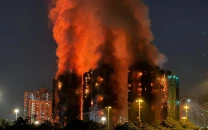
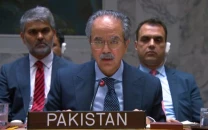
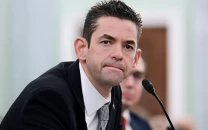
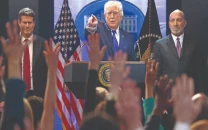














COMMENTS
Comments are moderated and generally will be posted if they are on-topic and not abusive.
For more information, please see our Comments FAQ